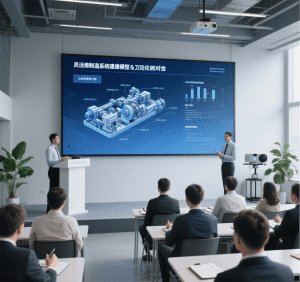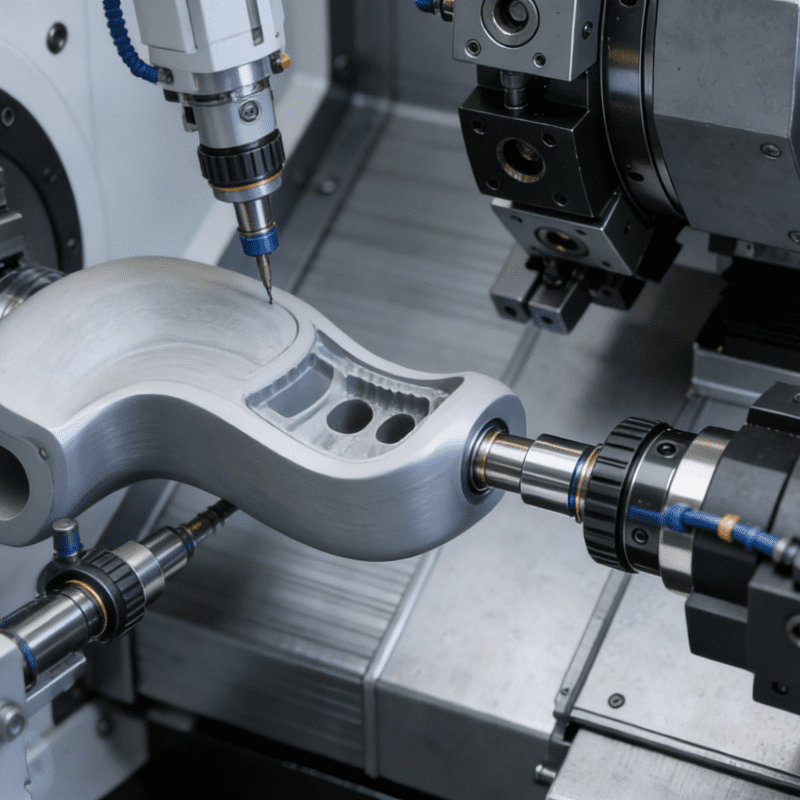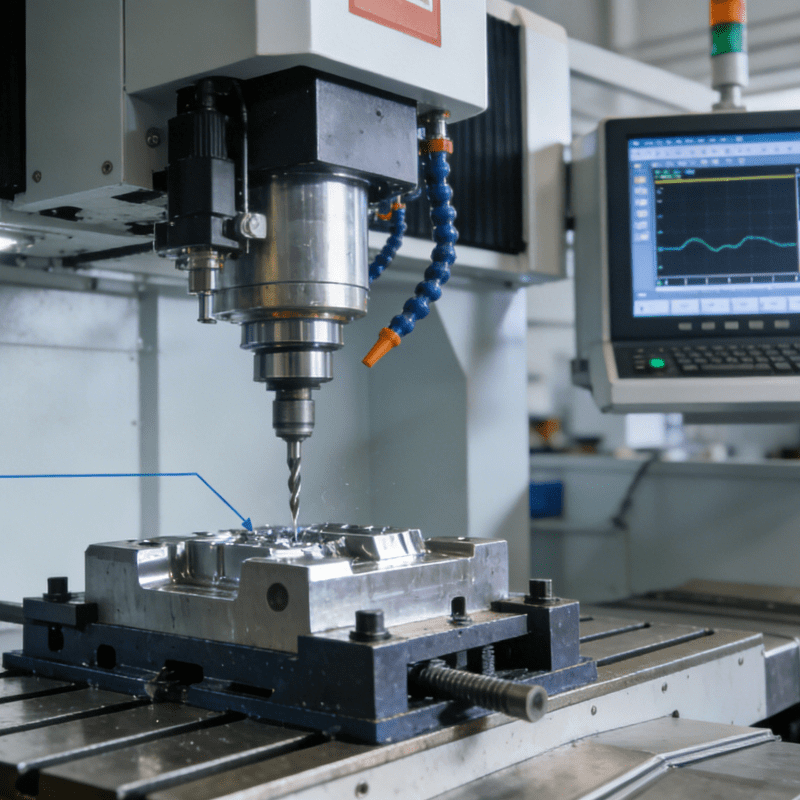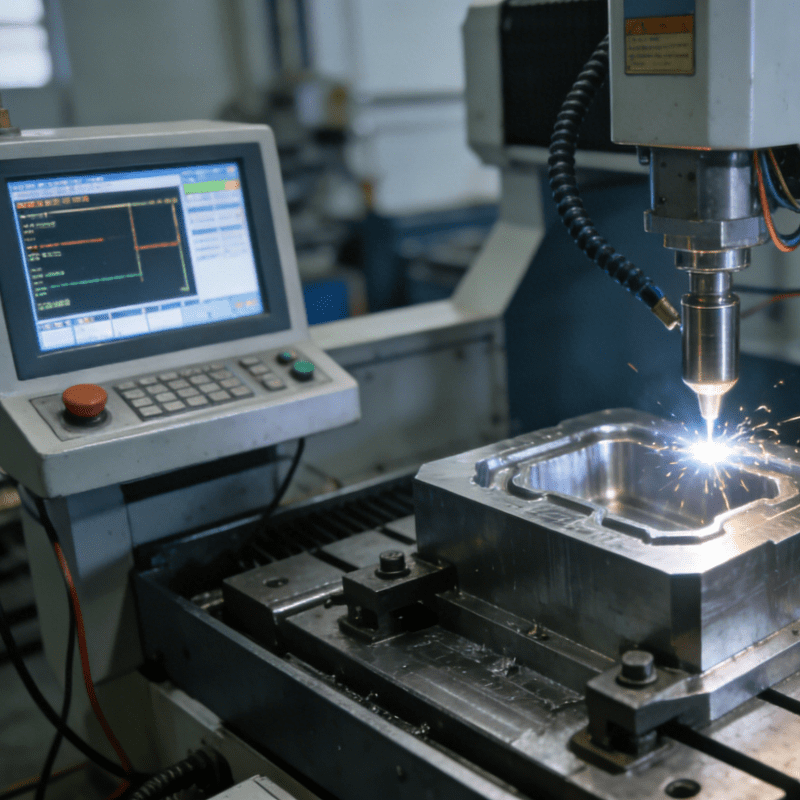Table of Contents
ToggleModeling and Simulation of a Flexible Manufacturing System—A Basic Component of Industry 4.0

In the rapidly evolving landscape of modern manufacturing, where the Fourth Industrial Revolution, or Industry 4.0, is reshaping industries across the globe, Flexible Manufacturing Systems (FMS) have emerged as a linchpin. In recent years, the field of FMS has witnessed an extraordinary trajectory of growth, evolving from a novel concept to an indispensable cornerstone of intelligent manufacturing ecosystems. Today, FMS stands not only as a pivotal element of intelligent manufacturing systems but also as the very bedrock upon which digital manufacturing is built. As industries face intensifying global competition, the pursuit of developing the “factory of the future” has become an imperative. This ambitious goal demands in – depth study and analysis of the key elements of FMS, along with concerted managerial, technical, and innovative endeavors. Against this backdrop, this paper breaks new ground by introducing a novel approach to present a material flow design methodology for flexible manufacturing systems, aiming to unlock the optimal architecture of the analyzed system.
The field of Flexible Manufacturing Systems (FMS) has seen in recent years a dynamic development trend and can now be considered an integral part of intelligent manufacturing systems and a basis for digital manufacturing. Developing the factory of the future in an increasingly competitive industrial environment involves the study and analysis of some FMS key elements and managerial, technical, and innovative efforts. Using a new approach, thus paper presents a material flow design methodology for flexible manufacturing systems in order to establish the optimal architecture of the analyzed system. The research offers a solution for modeling and optimizing material flows in advanced manufacturing systems. By using a dedicated analysis and simulation software, the structure of the system can be established and specific technical and economic parameters can be determined for each processing and transport capacity. Different processing scenarios will be evaluated through virtual modeling and simulations in order to increase the performance and efficiency of the system. Thus, an interactive tool useful in the design and management of flexible manufacturing lines will be developed for companies operating in the industrial sector. The application of this paper is mainly in the field of development of intelligent manufacturing systems, where the control system will make and use simulations in order to analyze current parameters and to predict the future.
Pioneering the Future of Manufacturing: The Enduring Impact of FMS Modeling and Simulation
In conclusion, the exploration of modeling and simulation in flexible manufacturing systems presented in this paper represents a significant stride forward in the journey towards realizing the full potential of Industry 4.0. The proposed material flow design methodology, coupled with the utilization of advanced analysis and simulation software, offers a holistic solution for optimizing the complex web of processes within FMS. By evaluating diverse processing scenarios through virtual means, industries can fine – tune their manufacturing systems, enhancing performance and efficiency to unprecedented levels.
The interactive tool developed as a result of this research is not merely a technological innovation but a strategic asset for industrial enterprises. It empowers companies to make informed decisions during the design and management of flexible manufacturing lines, bridging the gap between theoretical concepts and practical implementation. In the context of intelligent manufacturing systems, where real – time analysis and future prediction are paramount, the applications of this research are far – reaching.
As the manufacturing landscape continues to evolve, driven by rapid technological advancements and changing market demands, the importance of FMS modeling and simulation will only grow. This paper serves as a catalyst, inspiring further research and development in the field, and setting the stage for a new era of manufacturing excellence. The solutions and insights offered here have the potential to shape the factories of tomorrow, enabling industries to thrive in an increasingly competitive and digital – first global economy.



















